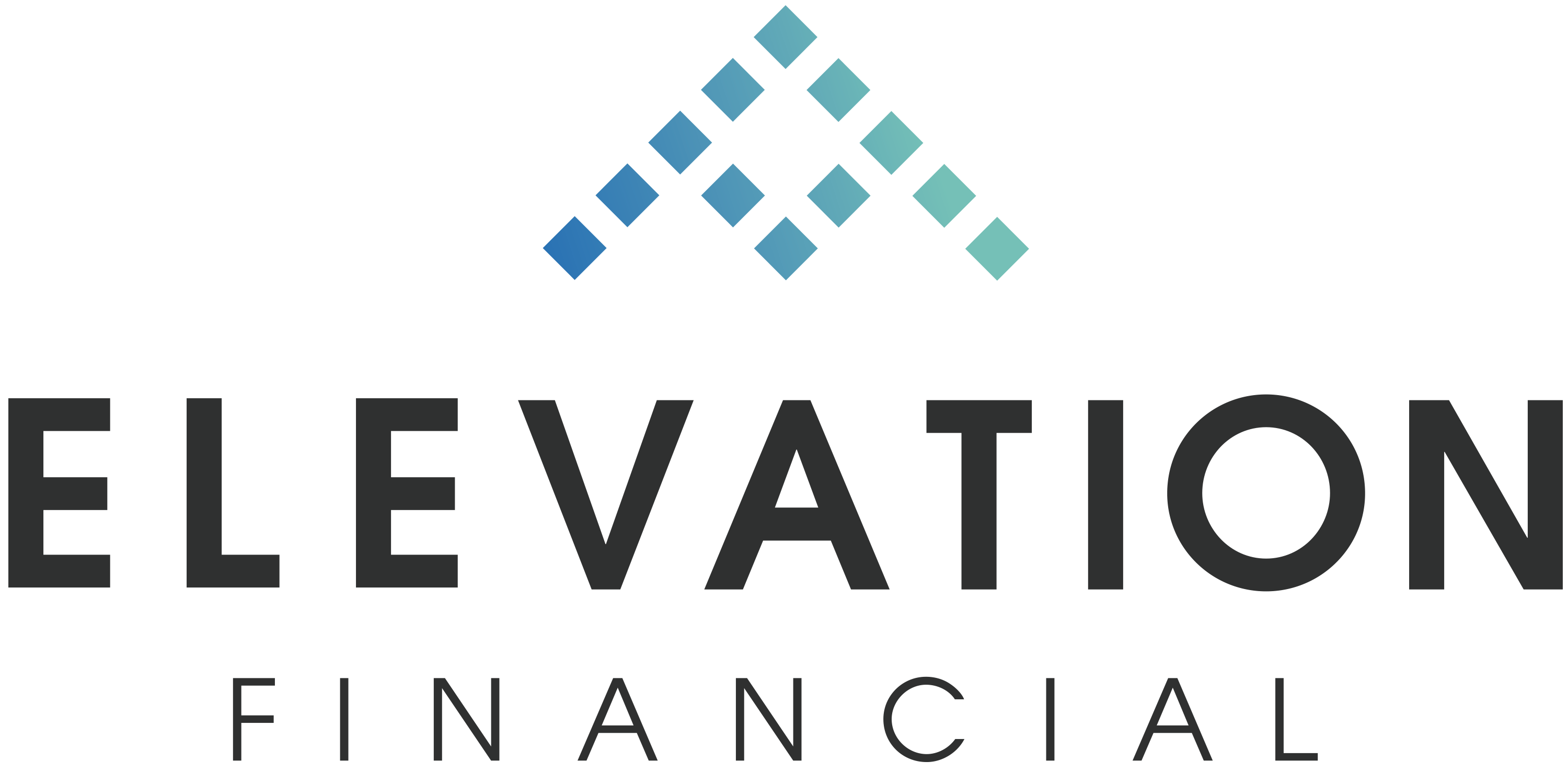
Share this Post
Subscribe

Need help with your money or investments? Book a consultation to learn more about working together.
Choosing the Right Retirement Plan – Solo 401(k) vs. SEP IRA
[Prefer to listen? You can find a podcast version of this article here: E223: Choosing the Right Retirement Plan – Solo 401(k) vs. SEP IRA]
Navigating retirement planning can feel overwhelming, especially for solo business owners and self-employed individuals. Choosing the right retirement plan can significantly impact your financial future.
Among the top choices are Solo 401(k)s and SEP IRAs, each offering unique benefits and considerations.
Both of these plans offer tax benefits and generous contribution limits. But they also have unique features that are different. There are times when there is a clear reason to choose one over the other, and there are times when either will do.
So, let's unpack the differences so you can decide what's best for you.
Understanding Solo 401(k) and SEP IRA
First, let's define the two options. A Solo 401(k) is essentially a scaled-down version of the traditional 401(k) plans offered by larger corporations but designed specifically for solo entrepreneurs. This plan allows solo business owners to save for retirement in a tax-advantaged account, much like its larger counterpart.
On the other hand, a SEP IRA, which stands for Simplified Employee Pension, is another retirement savings vehicle often recommended for its ease of setup and maintenance, particularly by tax professionals who favor its straightforward, tax-deductible contributions.
Why Choose a SEP IRA?
Here are some reasons why you might choose a SEP IRA:
Simplicity and Ease of Setup
- Less Administrative Burden: SEP IRAs are known for their simplicity. They have fewer administrative requirements compared to Solo 401(k)s. There’s no need to file annual IRS forms, such as Form 5500, regardless of the account balance.
- Easy to Establish: Setting up a SEP IRA is straightforward. You can typically open one with any financial institution that offers IRAs, and the paperwork is minimal.
Cost Considerations
- Lower Setup and Maintenance Costs: SEP IRAs generally have lower setup and maintenance costs compared to Solo 401(k)s. There are typically no annual fees or ongoing administrative expenses (or if there are, they are minimal), making them a cost-effective option for many small business owners.
Key Takeaways
Choosing a SEP IRA over a Solo 401(k) may be advantageous if you prioritize tax deductions over Roth contributions and want to keep things simple. The ease of setup and lower administrative burden can make a SEP IRA attractive for those who want a straightforward and flexible retirement plan. However, it’s essential to consider your long-term business and retirement goals when making this decision.
Why Choose a Solo 401(k)?
Here are some reasons to choose a Solo 401(k):
Tax Flexibility
- Roth Option Availability: One of the most significant advantages of a Solo 401(k) is the Roth option. Unlike SEP IRAs, which only offer pre-tax contributions, Solo 401(k)s can include a Roth component where contributions are made after taxes. The benefit? While contributions don’t reduce your taxable income today, the withdrawals during retirement are tax-free, including the earnings. This can be particularly attractive for those who believe they might be in a higher tax bracket in the future or want to lock in tax-free investment growth.
Higher Contribution Limits
- Solo 401(k)s allow for higher contribution limits under certain conditions: The plan permits substantial contributions, combining employee deferrals and employer contributions. In contrast, SEP IRA contributions are capped at a percentage of adjusted net earnings or a maximum limit, whichever is less, without any provision for additional employee deferrals. This often means you can save more with a Solo 401(k) than with a SEP IRA.
Catch-Up Contributions for Older Entrepreneurs
- If you’re over 50, Solo 401(k)s offer the option of making catch-up contributions: This benefit is not available with SEP IRAs, making the Solo 401(k) a better option for older entrepreneurs looking to boost their retirement savings as they approach retirement age.
Loan Provisions
- 401(k) Loans: Solo 401(k)s provide the flexibility to borrow from your retirement savings by using a 401(k) loan, which is not possible with SEP IRAs. This feature can be a lifeline in times of financial need, allowing you to borrow from yourself rather than taking on potentially high-interest debt elsewhere. While borrowing from retirement accounts isn't generally recommended, having the option can provide peace of mind.
Avoiding the Pro-Rata Rule in Roth Conversions
- Making Backdoor Roth IRAs Easier: A unique advantage of the Solo 401(k) is its exemption from the pro-rata rule when converting traditional IRA funds to Roth IRAs—a process known as a Backdoor Roth IRA. This rule can create tax complications if you have existing traditional IRAs. With a Solo 401(k), you can roll pre-tax IRA funds into your plan to clear the way for tax-efficient Roth conversions without triggering undesirable tax consequences.
Key Takeaways
Choosing a Solo 401(k) offers several advantages over a SEP IRA. Solo 401(k)s provide a Roth option for tax-free withdrawals in retirement, higher overall contribution limits, and catch-up contributions for those over 50. Additionally, Solo 401(k)s allow for loans and avoid the pro-rata rule in Roth conversions, offering more flexibility and potential tax benefits.
The Bottom Line
Choosing between a Solo 401(k) and a SEP IRA depends on various factors, including your current financial situation, future income expectations, and your comfort with plan administration.
While SEP IRAs offer simplicity and ease of setup, Solo 401(k)s provide greater flexibility, potentially higher savings rates, and additional features like Roth options and loan availability.
For solo entrepreneurs, a Solo 401(k) typically offers a broader range of benefits that can significantly enhance your retirement savings strategy. However, this doesn't necessarily mean it's the best choice for everyone. Consulting with a financial advisor to discuss your specific circumstances can help you make an informed decision.
